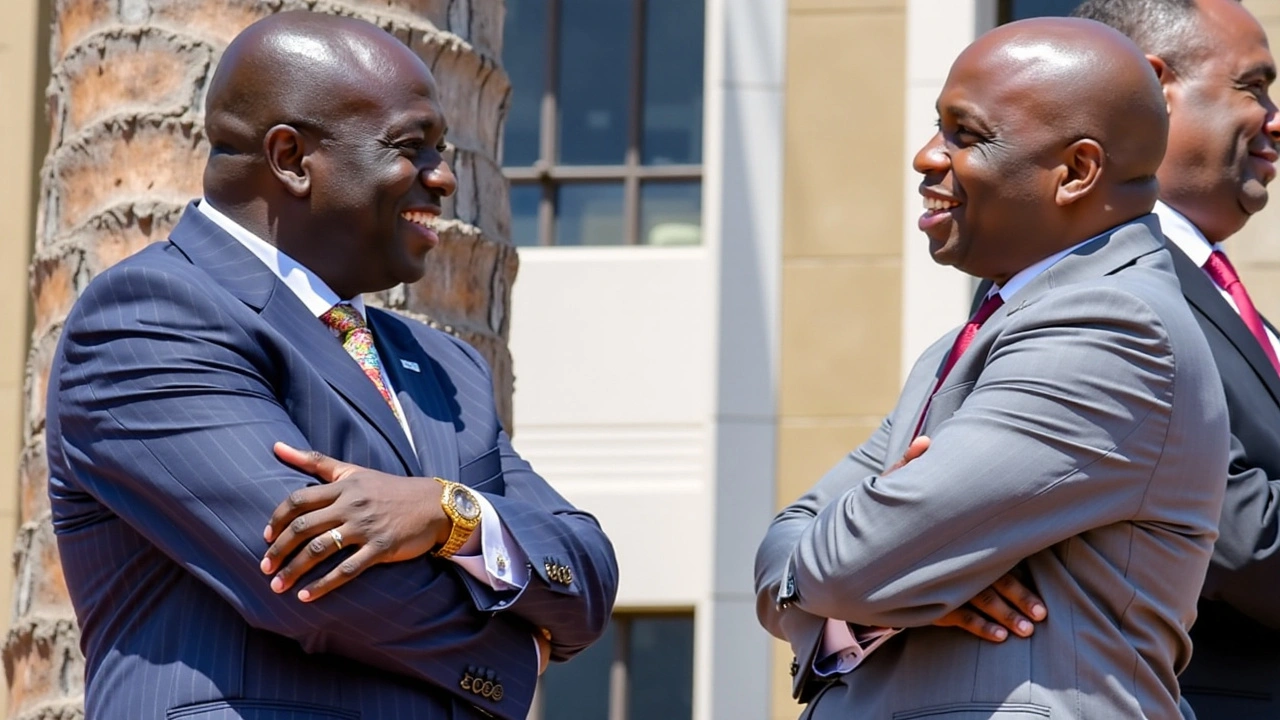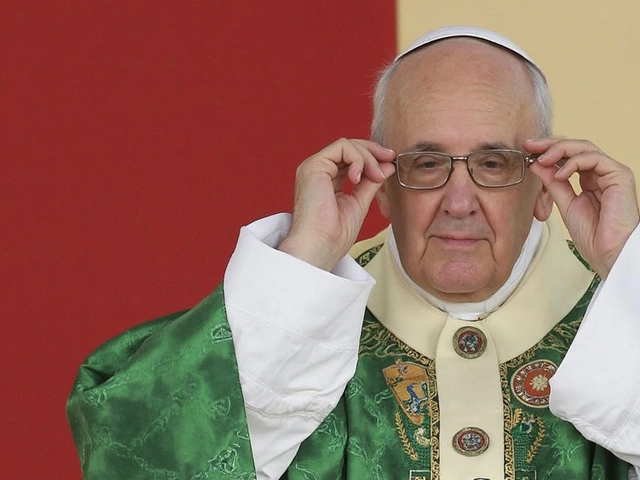
The Recent Impeachment Drama
The political landscape in Kenya has been nothing short of dramatic as the Senate recently voted in favor of impeaching Deputy President Rigathi Gachagua. This move, however, was met with a series of legal challenges that have since dominated national discourse. The nomination of Interior Cabinet Secretary Kithure Kindiki as Gachagua's replacement by President William Ruto added another layer of complexity to an already convoluted scenario. Although this nomination was approved by the National Assembly, various legal orders subsequently created hurdles in the way of Kindiki's assumption of office.
Legal Hurdles and Judicial Interventions
The initial hiccup in the transition process emerged when High Court Judge Chacha Mwita issued a conservatory order, effectively pausing the proceedings to allow a comprehensive examination of the legalities involved. This was quickly followed by another judicial intervention from the High Court in Kerugoya, further stalling Kindiki's efforts to officially step into the role. The legal wrangling and issuance of these orders have underscored existing flaws within the legislative framework governing impeachment proceedings in Kenya.
Eric Theuri's Crucial Observations
Former Law Society of Kenya President, Eric Theuri, has been a pivotal voice in shedding light on the legislative shortcomings that these recent events have unveiled. According to Theuri, the series of court orders and ensuing legal stalemate highlight significant gaps in the legislative process surrounding an impeachment. He emphasized that the country's current framework neither sufficiently addresses legal challenges nor provides clear guidance on the procedural aspects of such significant governmental changes.
Constitutional Questions Abound
The judicial interventions have brought to the forefront several pressing constitutional questions yet to be resolved. The conservatory orders have not only delayed the Deputy President's assumption of office but have also cast a spotlight on the efficacy of the Kenyan constitution in managing high-stakes political changes. Legal experts argue that the constitutional provisions governing impeachment proceedings require urgent review and clarification to avoid ambiguity and potential misuse or misinterpretation.
Calls for Legislative Reform
Eric Theuri's observations have catalyzed calls for legislative reform, emphasizing the need for a more robust and clear-cut impeachment process. The current scenario has made it evident that there is an urgent necessity to reevaluate existing laws to ensure that they adequately safeguard democratic principles while providing clear and practical guidance on procedural matters. By addressing these gaps, Kenya could better manage future impeachments and transitions, mitigating the risk of political and legal uncertainty.
Awaiting Further Developments
As the nation patiently awaits the court's next direction anticipated on Tuesday, there is an air of cautious optimism that clarity and direction will emerge from the legal proceedings. Meanwhile, these developments have amplified the ongoing dialogue among political analysts, legal experts, and citizens alike, all pondering the path forward for a nation in the grips of significant political flux.
A Critical Moment for Kenya
This period marks a critical juncture for Kenya, where both political operatives and lawmakers must engage collaboratively to revise and strengthen the legislative framework. Doing so will not only fortify the nation's democratic pillars but will also serve as a testament to Kenya's commitment to upholding the rule of law and ensuring that the mechanisms for political accountability are as effective and transparent as they are necessary.
5 Comments
Write a comment
More Articles

James Rodriguez Leads Colombia to Triumph Over Argentina in World Cup Qualifiers
In a thrilling South American World Cup qualifying match, Colombia emerged victorious over Argentina with a 2-1 scoreline. The match saw key performances from James Rodriguez and Yerson Mosquera, while Argentina, playing without Lionel Messi, suffered a rare defeat. This marks Colombia's first win over Argentina since 2019. The victory preserves Colombia's unbeaten streak in the qualifiers.

Alcaraz Wins 2025 US Open as Trump Returns to Arthur Ashe Stadium
Carlos Alcaraz clinched his second US Open title on Sep 7, 2025, while former President Donald Trump's return to Arthur Ashe Stadium sparked fierce reactions and media buzz.

Pope Francis Dies at 88: Vatican Reveals Stroke as Primary Cause and Outlines Simple Burial Wishes
Pope Francis died at 88 on April 21, 2025, from a fatal stroke with several underlying health issues contributing. The Vatican released details of his passing, highlighting his wish for a modest burial. The College of Cardinals now faces the responsibility of organizing his funeral and governing the Church during this transitional time.
Nikhil Shrivastava
October 21, 2024 AT 18:30Yo broh, Kenya's political circus feels like a Bollywood drama gone rogue in the courts.